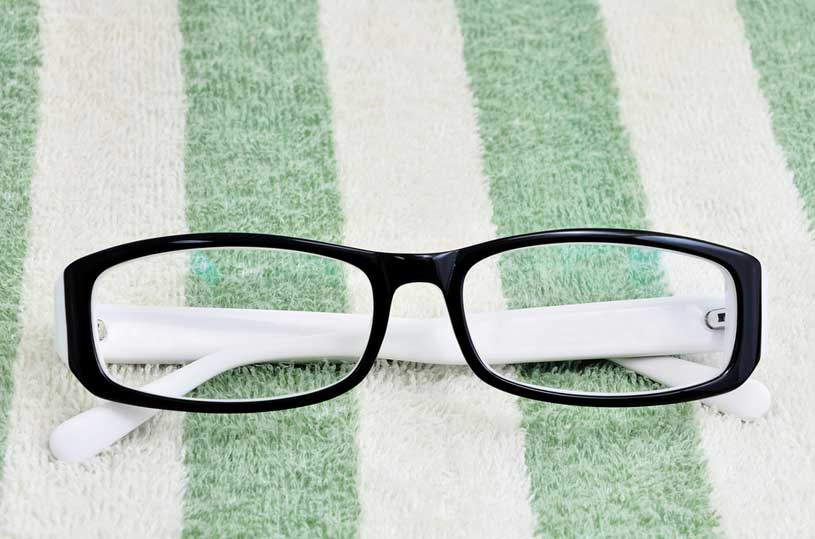
Touch creates a bond. If you’re smart, before bonding with another person, you’ll make sure that bond reflects something genuine and is therefore one you really want. To gain that clarity, you really have to know who he or she is. That requires objectivity. Unfortunately, objectivity comes about as naturally to most humans as bicycling does to a hippopotamus.
Imagine yourself at a party, chatting with two members of the opposite sex. One you find extremely attractive, the other not. You say something — and they respond identically. Whose response sounds better?
If the mere sight of a good-looking person sends your objectivity out for a coffee break, once you start touching, it steps out for lunch. From that moment on, you see what you want to see — and not the rest.
An incident from some years ago has stuck with me because of what it reveals about the delusions physical closeness can create. After college, I considered applying to graduate school in clinical psychology. My uncle, a psychotherapist, invited me to gain a firsthand glimpse of the profession by participating in a group therapy session he was leading. Much of that evening focused on a woman of about 25 as she poured out her painfully conflicted feelings about her boyfriend.
“Sometimes he treats me great, and sometimes he treats me like dirt,” she explained through her tears. “I know I love him, but half the time I feel such anger towards him. One day I think we have such a wonderful thing going, and the next day I want to break up and never see him again.”
Clearly, this guy was not so lovable and the relationship not so wonderful, but no one had the courage to tell her. Finally my uncle spoke up.
“This guy is poison for you,” he told her straight out. “Can’t you see that?”
Taken aback by his forcefulness, she immediately reacted: “But sometimes it feels so good, so right being with him.”
“Listen to everything you’ve said,” my uncle persisted. “This is not what I would call a good guy or a healthy relationship.”
She looked at him uncomprehendingly. “But I feel so close and connected to him.”
In short, she couldn’t hear the truth.
People become enmeshed in “unhealthy” relationships for countless reasons. But a big complicating factor in nearly every case is the introduction of physical involvement quite early on. As soon as such closeness occurs on any level, that all-too-familiar rose-colored cloud descends, enveloping everything in the warm glow of intimacy. Once this bonding takes place, you can kiss much of your perspective good-bye. By the time this woman had detected serious flaws in her boyfriend, their physical connection had left her so emotionally attached to him that she could no longer step back and see reality.
During a Discovery seminar, when I was discussing the idea of maintaining objectivity by keeping one’s distance, one of the participants raised her hand.
“You know,” she told me, “a recent article in Cosmopolitan said the same thing. It was called ‘How to Find Mr. Right,’ and it recommended that if you want as much clarity as possible about a guy, you shouldn’t get heavily physically involved for the first thirty dates.”
How about that? I thought. A secular magazine had picked up on some practical Jewish wisdom applicable far beyond the Jewish world.
Reprinted from “THE MAGIC TOUCH” A Jewish Approach to Relationships by Gila Manolson. Available at www.gila-manolson.com
